Super-intelligent chat bots that hear you, understand you, and remember you.


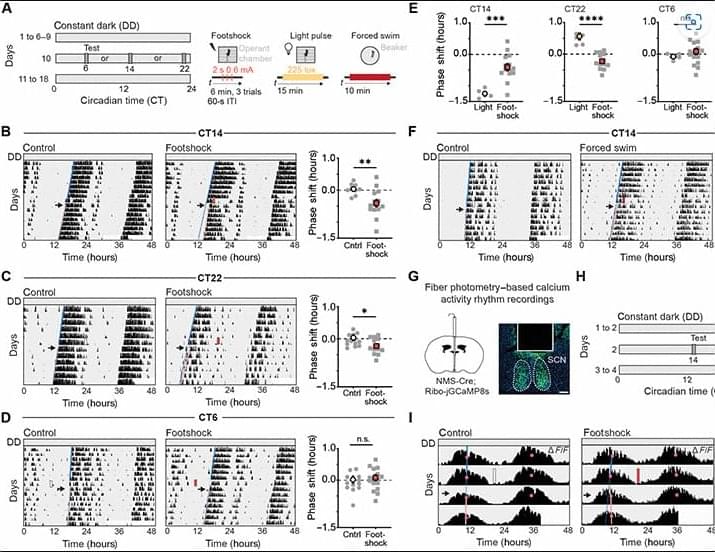
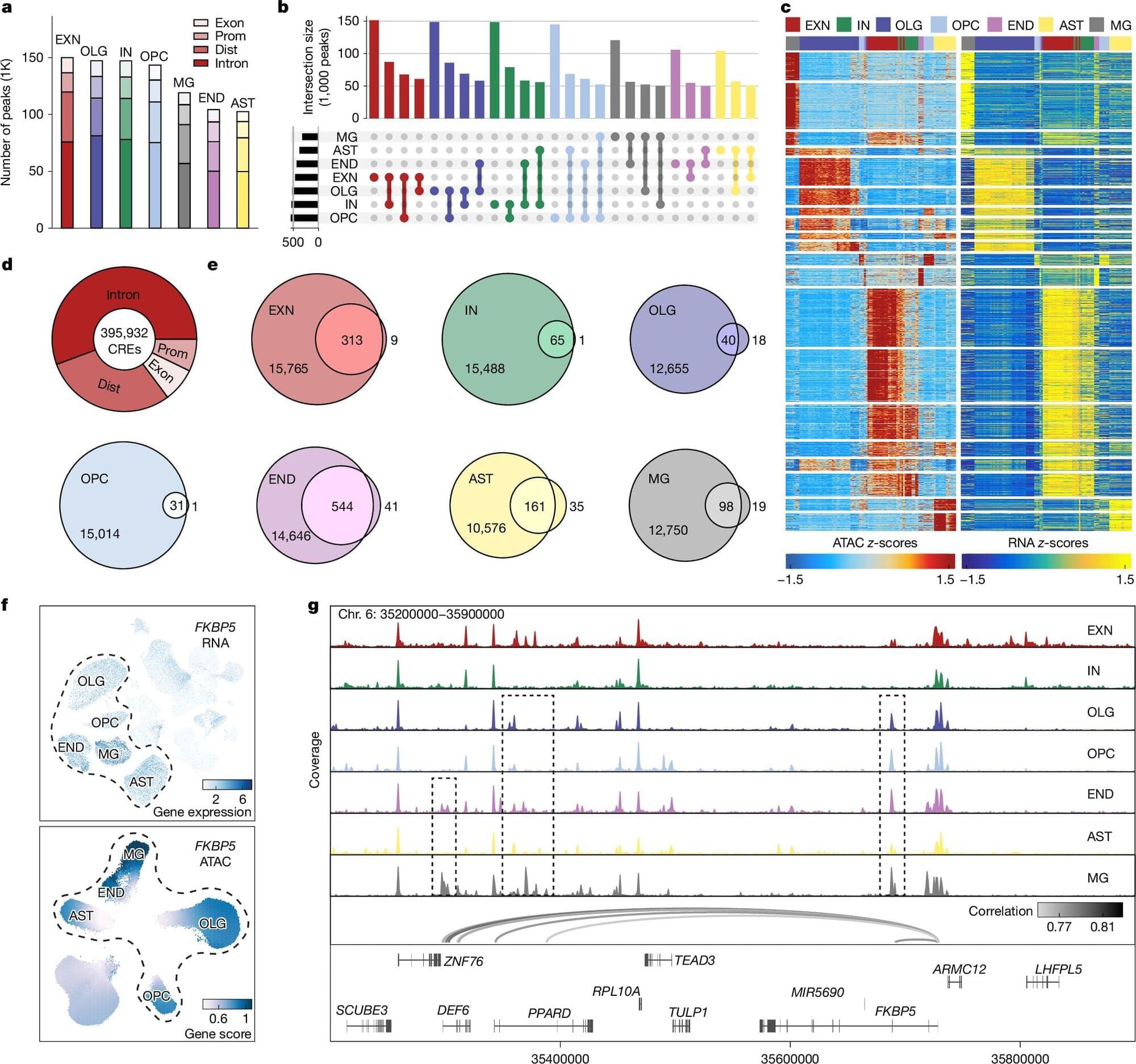
The human brain is made up of billions of interconnected cells that are constantly talking to each other. A new study published in Nature zooms in to the single-cell level to see how this cellular communication may be going wrong in brains affected by post-traumatic stress disorder (PTSD).
Until recently, researchers did not have the technology to study genetic variation within individual cells. But now that it’s available, a team led by Matthew Girgenti, Ph.D., assistant professor of psychiatry at Yale School of Medicine, has been analyzing brain cells to uncover genetic variants that might be associated with psychiatric diseases such as major depressive disorder (MDD) and PTSD.
Their latest study is one of the first to examine a major psychiatric disorder, PTSD, at the single-cell level. For years, doctors have been prescribing antidepressants to treat the condition because there are currently no drugs specifically designed for PTSD. Girgenti hopes that identifying novel molecular signatures associated with the psychiatric disease can help researchers learn how to develop new drugs or repurpose existing ones to treat it more effectively.
A revolution is coming with e-Flesh.
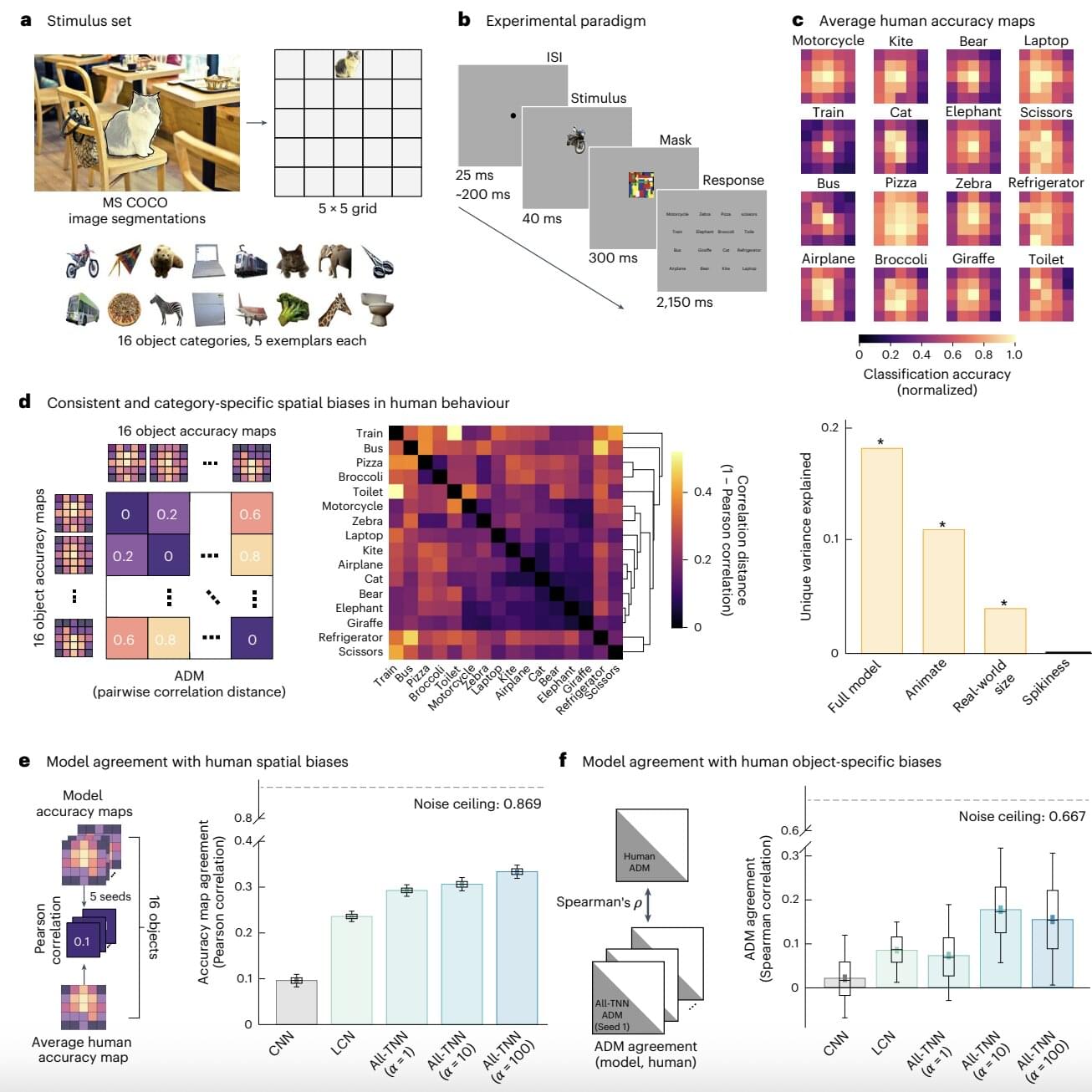
Deep learning models, such as convolutional neural networks (CNNs) and recurrent neural networks (RNNs) are designed to partly emulate the functioning and structure of biological neural networks. As a result, in addition to tackling various real-world computational problems, they could help neuroscientists and psychologists to better understand the underpinnings of specific sensory or cognitive processes.
Researchers at Osnabrück University, Freie Universität Berlin and other institutes recently developed a new class of artificial neural networks (ANNs) that could mimic the human visual system better than CNNs and other existing deep learning algorithms. Their newly proposed, visual system-inspired computational techniques, dubbed all-topographic neural networks (All-TNNs), are introduced in a paper published in Nature Human Behaviour.
“Previously, the most powerful models for understanding how the brain processes visual information were derived off of AI vision models,” Dr. Tim Kietzmann, senior author of the paper, told Tech Xplore.
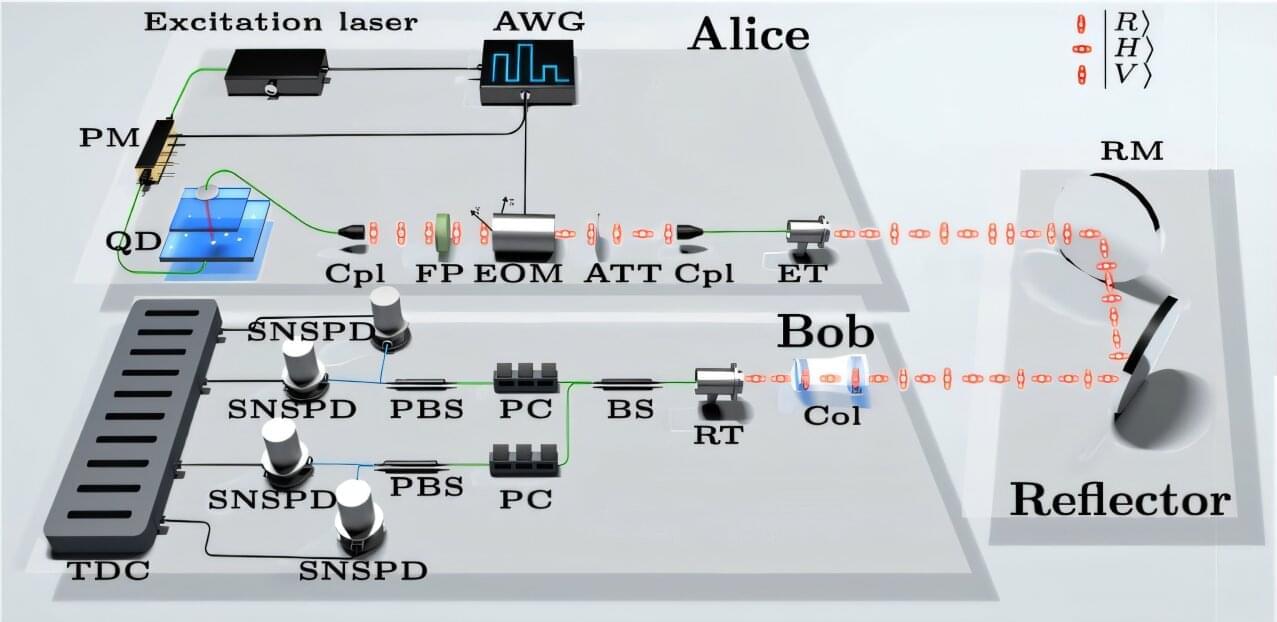
Quantum key distribution (QKD), a cryptographic technique rooted in quantum physics principles, has shown significant potential for enhancing the security of communications. This technique enables the transmission of encryption keys using quantum states of photons or other particles, which cannot be copied or measured without altering them, making it significantly harder for malicious parties to intercept conversations between two parties while avoiding detection.
As true single-photon sources (SPS) are difficult to produce, most QKD systems developed to date rely on attenuated light sources that mimic single photons, such as low-intensity laser pulses. As these laser pulses can also contain no photons or more than one photon, only approximately 37% of pulses employed by the systems can be used to generate secure keys.
Researchers at the University of Science and Technology of China (USTC) were recently able to overcome this limitation of previously proposed QKD systems, using a true SPS (i.e., a system that can emit only one photon on demand). Their newly proposed QKD system, outlined in a paper published in Physical Review Letters, was found to outperform techniques introduced in the past, achieving a substantially higher secure key rate (SKR).
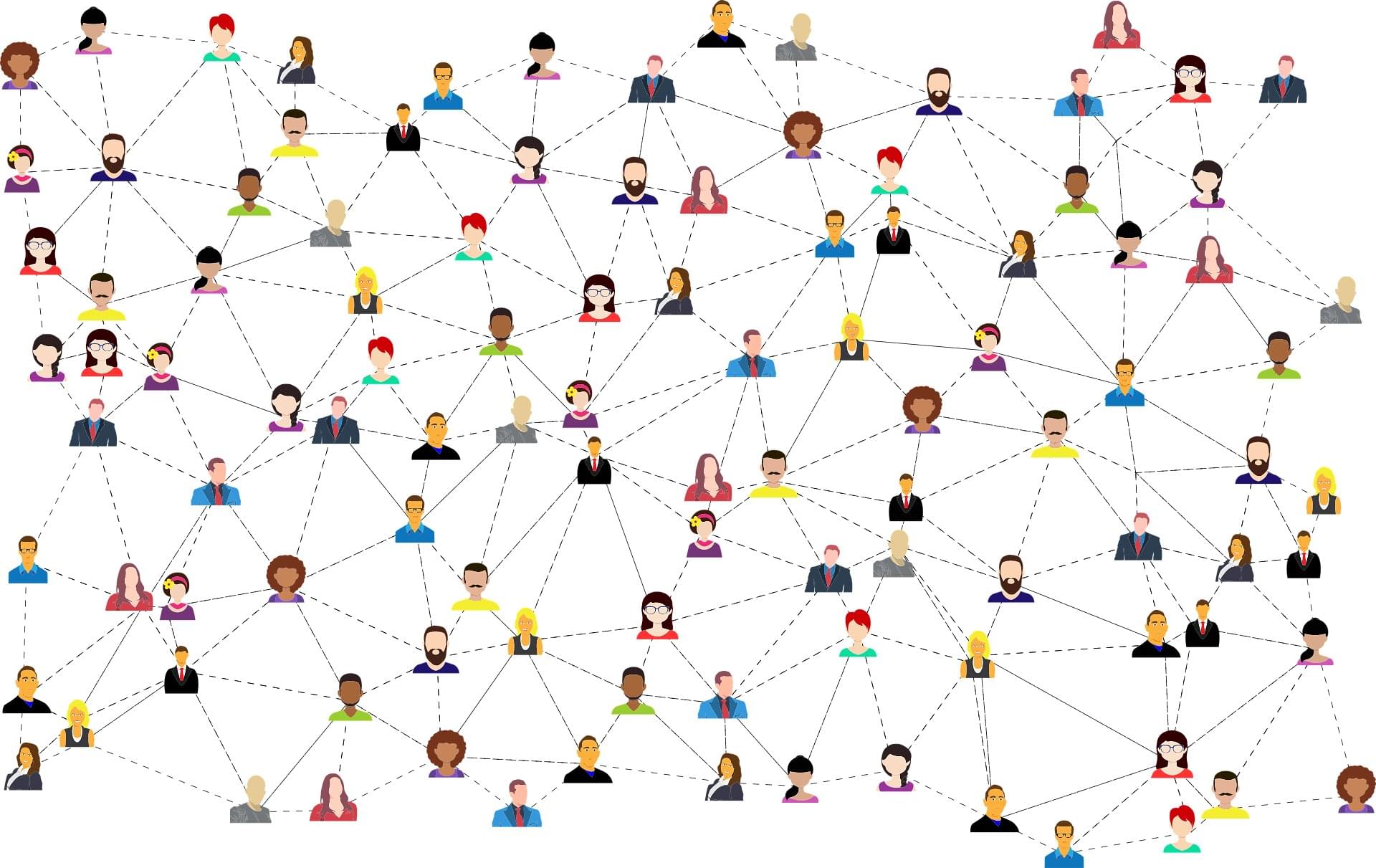
Climbing the social ladder isn’t simply a matter of popularity. Rather, people in positions of influence are particularly adept at forming “maps” of their social connections, which they navigate to become prominent in their social network, new research shows.
It’s like having a “social superpower,” according to study author Oriel FeldmanHall, an associate professor of cognitive and psychological sciences at Brown University who is affiliated with the University’s Carney Institute for Brain Science.
“People vary considerably in how accurately they understand the structure of their communities,” FeldmanHall said. “Our research establishes for the first time that people who excel at mapping out their social network—determining who belongs to which communities and cliques—are the ones who will go on to become the most influential in the social network.”
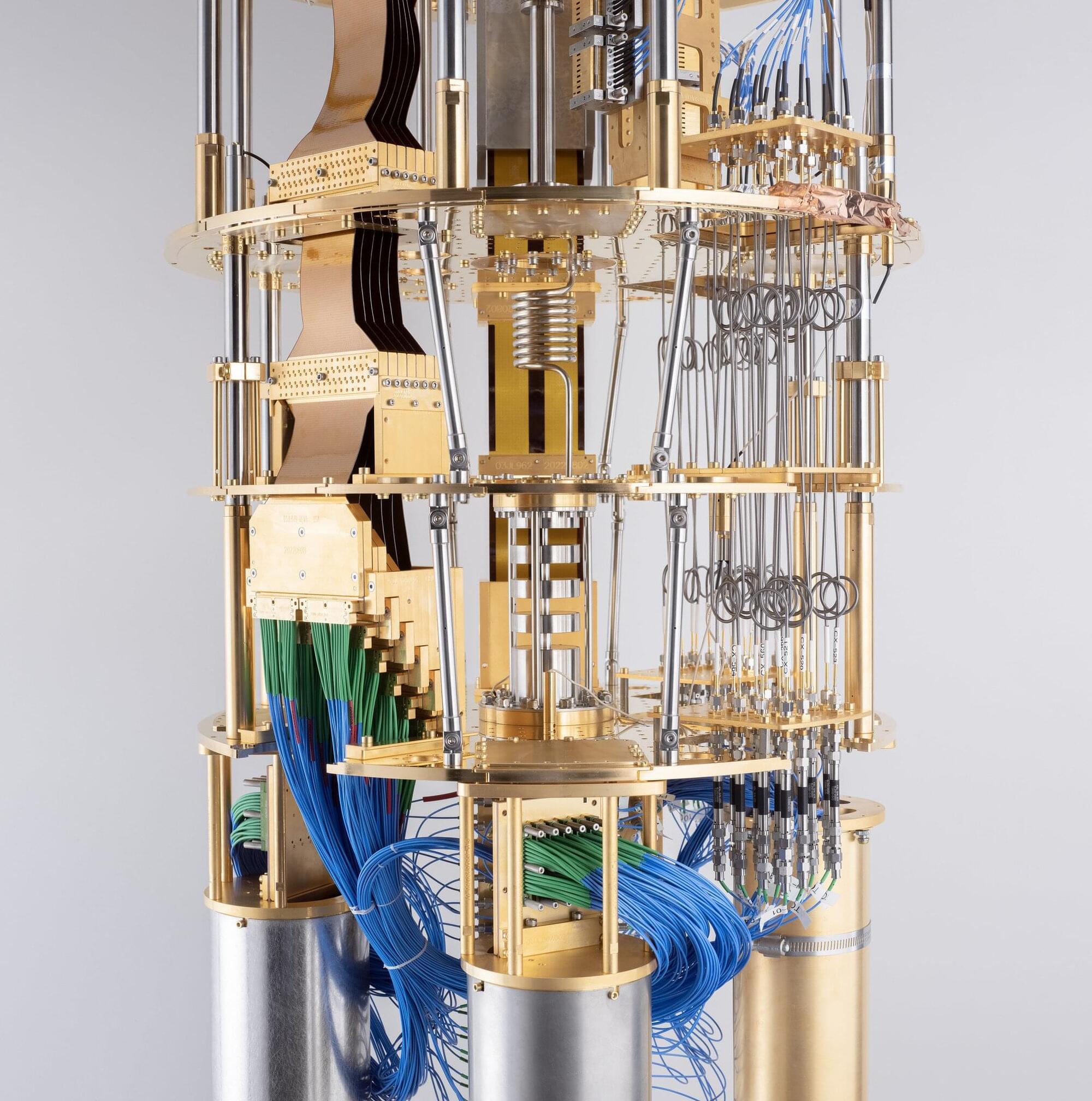
Quantum computers have the potential to speed up computation, help design new medicines, break codes, and discover exotic new materials—but that’s only when they are truly functional.
One key thing that gets in the way: noise or the errors that are produced during computations on a quantum machine—which in fact makes them less powerful than classical computers —until recently.
Daniel Lidar, holder of the Viterbi Professorship in Engineering and Professor of Electrical & Computer Engineering at the USC Viterbi School of Engineering, has been iterating on quantum error correction, and in a new study along with collaborators at USC and Johns Hopkins, has been able to demonstrate a quantum exponential scaling advantage, using two 127-qubit IBM Quantum Eagle processor-powered quantum computers, over the cloud.
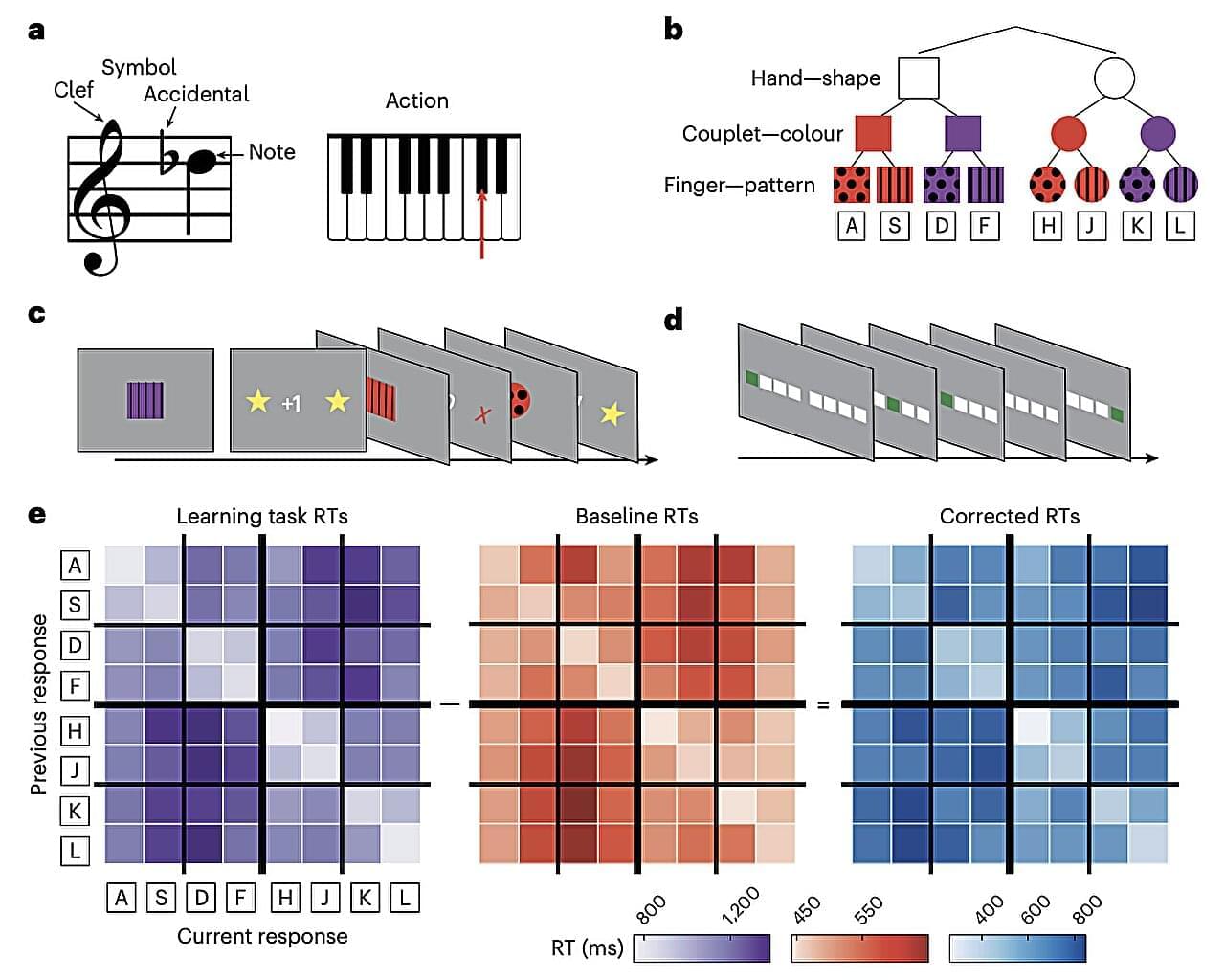
Graphs, visual representations outlining the relationships between different entities, concepts or variables, can be very effective in summarizing complex patterns and information. Past psychology studies suggest that the human brain stores memories and experiences following graph-like and structured patterns, specifically as a network of associations, also referred to as cognitive graphs.
These cognitive graphs are hypothesized to represent different concepts as “nodes” and the relationships between these concepts as edges connecting these nodes. By organizing information in a structured way, they can allow people to apply knowledge they have acquired in the past to new situations and draw conclusions about what is happening based on previous experiences.
The role of cognitive graphs has been widely investigated in the past, with most studies focusing on their contribution to the storage and retrieval of facts and knowledge (i.e., declarative memories). In contrast, the extent to which they influence the planning and control of movements remains poorly understood.
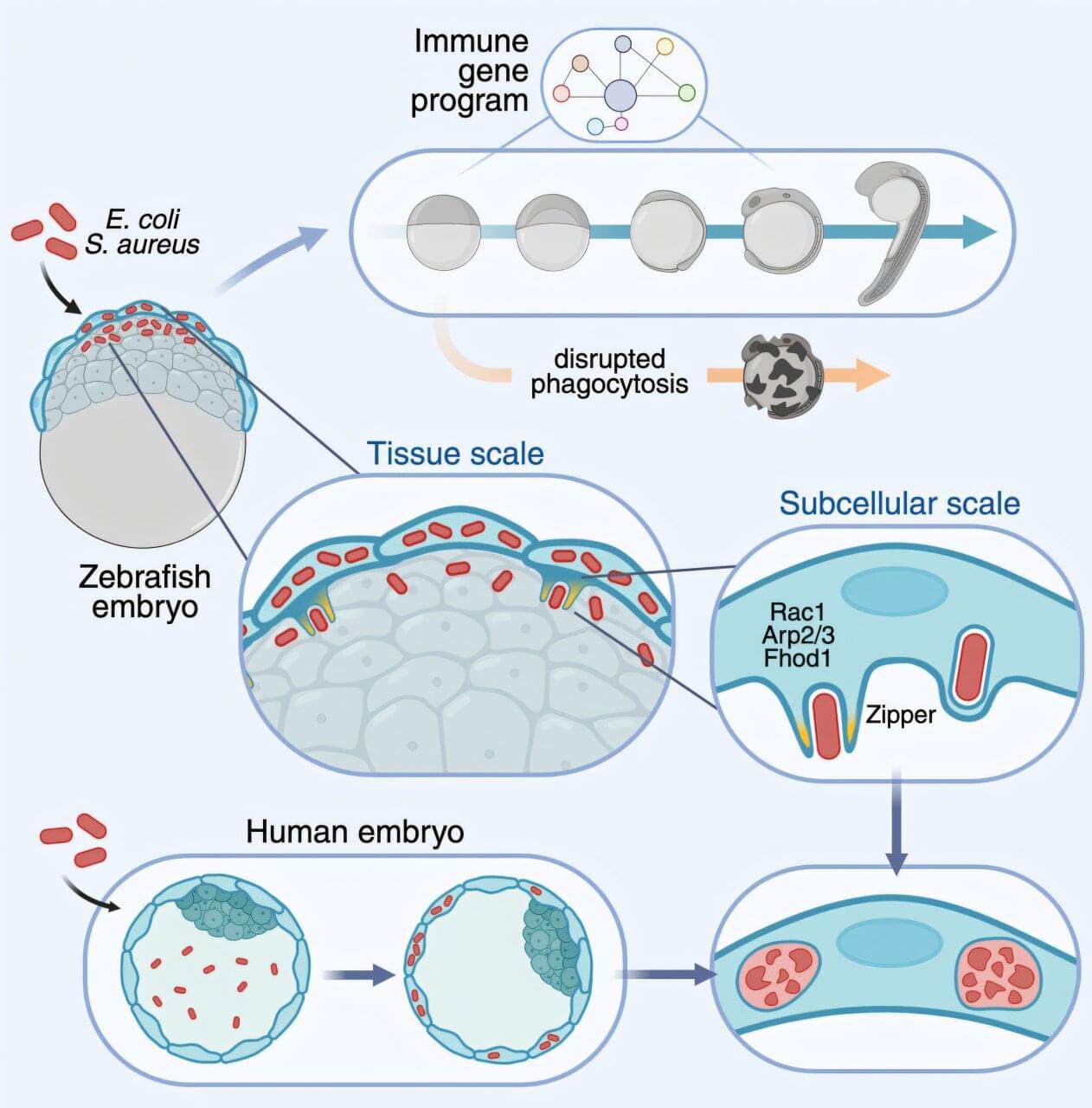
Research led by scientists from the Institute of Molecular Biology of Barcelona (IBMB) of the CSIC and the Bellvitge Biomedical Research Institute (IDIBELL) has managed to film how a few days-old embryos defend themselves from a potential infection by bacteria. The work is published this week in the journal Cell Host and Microbe.
Specifically, they have been able to see how zebrafish embryos use cells present on their surface, known as epithelial cells, to ingest and destroy bacteria through a process called phagocytosis, similar to that carried out by white blood cells. Crucially, scientists could observe that this ability to eliminate bacteria is also present in human embryos.
Using state-of-the-art microscopy techniques, the research shows how cells capture Escherichia coli and Staphylococcus aureus bacteria through small protrusions of their membrane, in which the protein Actin is involved. “Our research shows that, at the beginning of development—before implantation in the uterus and before the formation of organs—embryos already have a defense system that allows them to eliminate bacterial infections,” says Esteban Hoijman, researcher at IBMB-CSIC and IDIBELL, leader of the research.